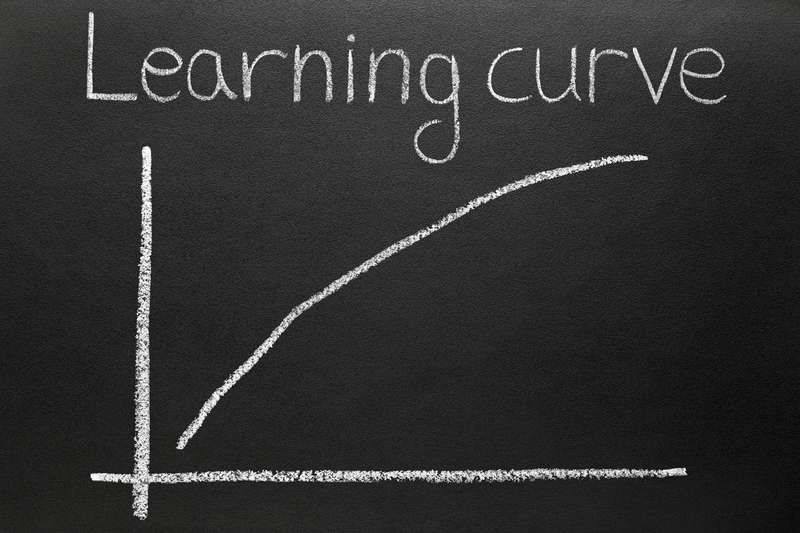Experiential learning puts the “meat” behind what you absorb from books.
Here is what you need to know about why and how to handle that reality!
Book Knowledge (Conventional Training)
Conventional training (here’s a book, go read it – or lectures) is based on knowledge transfer which assumes what the individual needs to learn and how the student learns best. The focus is on the needs of the educational system, i.e. – passing high-stakes tests, school rankings, etc. – and not the individual’s interest or learning style.
Book knowledge is entertaining but not very useful until it’s applied through hands-on experimentation in context to the real-world. Conventional training is about memorizing facts. Experiential learning consists of applied knowledge acquired from doing. The urgency of doing is real.
Experiential Learning
The cornerstone of learning for me is my experience. Your experience will be different from mine. Where we go astray is trying to mimic what another “successful” person has achieved.
By doing what they do, dressing like them, copying their “keys to success”, to the point of hero-worship, we lose our unique self and temperament. Other people’s ideas, even my own ideas, will never be as authoritative as my experience.
Experiential Self-Reliance
A.) Planning
Quit it. This may come as a shock to OCD minds, but by the time you’ve got every detail planned out on how to do stuff you’ve just wasted a lot of valuable time. You really don’t need a 31 step plan like the experts say.
Procrastination often cross-dresses in plan’s clothes. Just start and make adjustments as you move forward. Taking action has a way of bringing a plan together. The perfect plan does not exist. Stop wasting time on the sofa.
B) Failing
Do it fast. You can’t plan for all the mistakes. Since I know I’m going to fail, I want to fail fast. The quicker I flop, the faster I can make adjustments and shorten my learning curve.
C.) Beginning
Here’s the thing about beginning. It has power to overcome fear and doubt. When we start, providence moves us a step closer to what we were created to do. The benefits of bold beginnings are often invisible. Most people give up before reaping their rewards.
D.) Doing the Work
Self-reliance is a byproduct of the Work. Reading about it is not the Work. It’s physical, dirty, sweaty, smelly, and satisfying. It comes dressed in overalls with a hoe in its hand.
I’ve had the privilege of learning skills from very talented people. How did they reach such high skill level? To put it simply, they isolated themselves with their Work. True artisans spend thousands of hours alone hammering, chopping, baking, writing, carving, experimenting, failing, reflecting, and acting again on an idea.
A famous Civil War General once remarked that battle plans were flawless and led to sure victory, until the actual shooting started. Another General who was very successful but not a Graduate from West Point stated that “all tactical training is useless fantasy unless tempered with the experience of the field.”
The same applies to learning survival skills; you will not be able to perform the skills you need to unless you practice until you have mastered them.
To learn more about using both academic and experiential learning to improve your survival skills, please check out Survival Sherpa.
